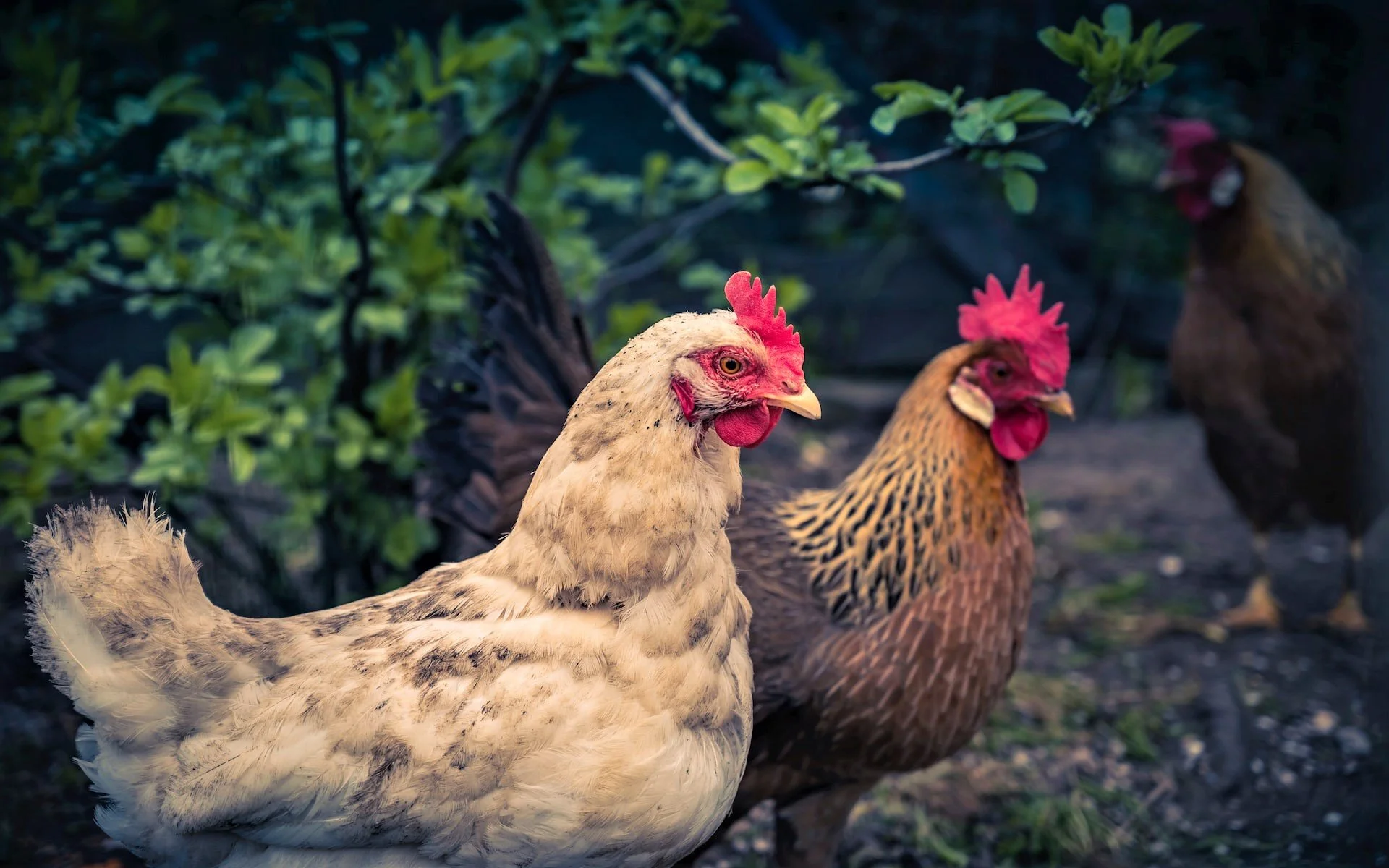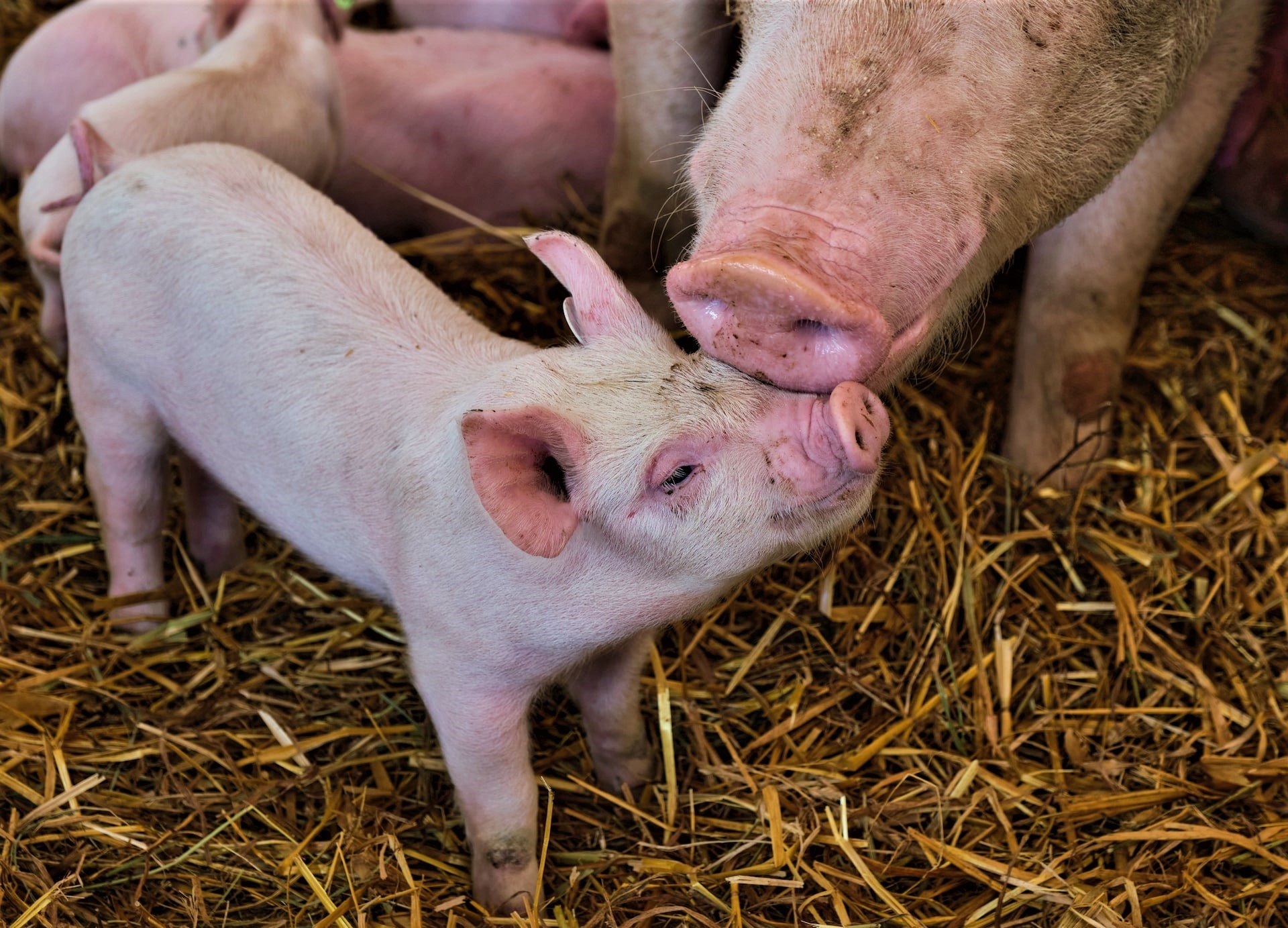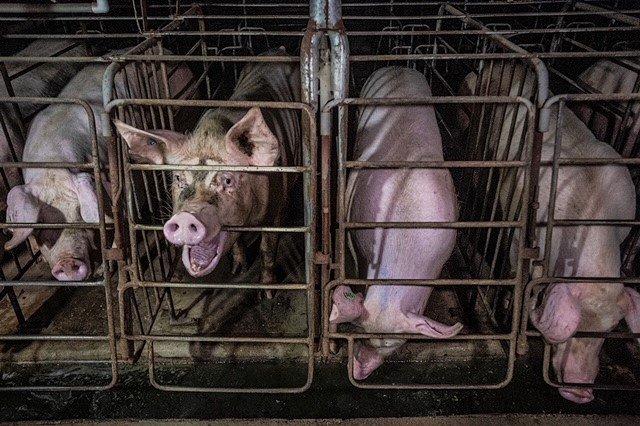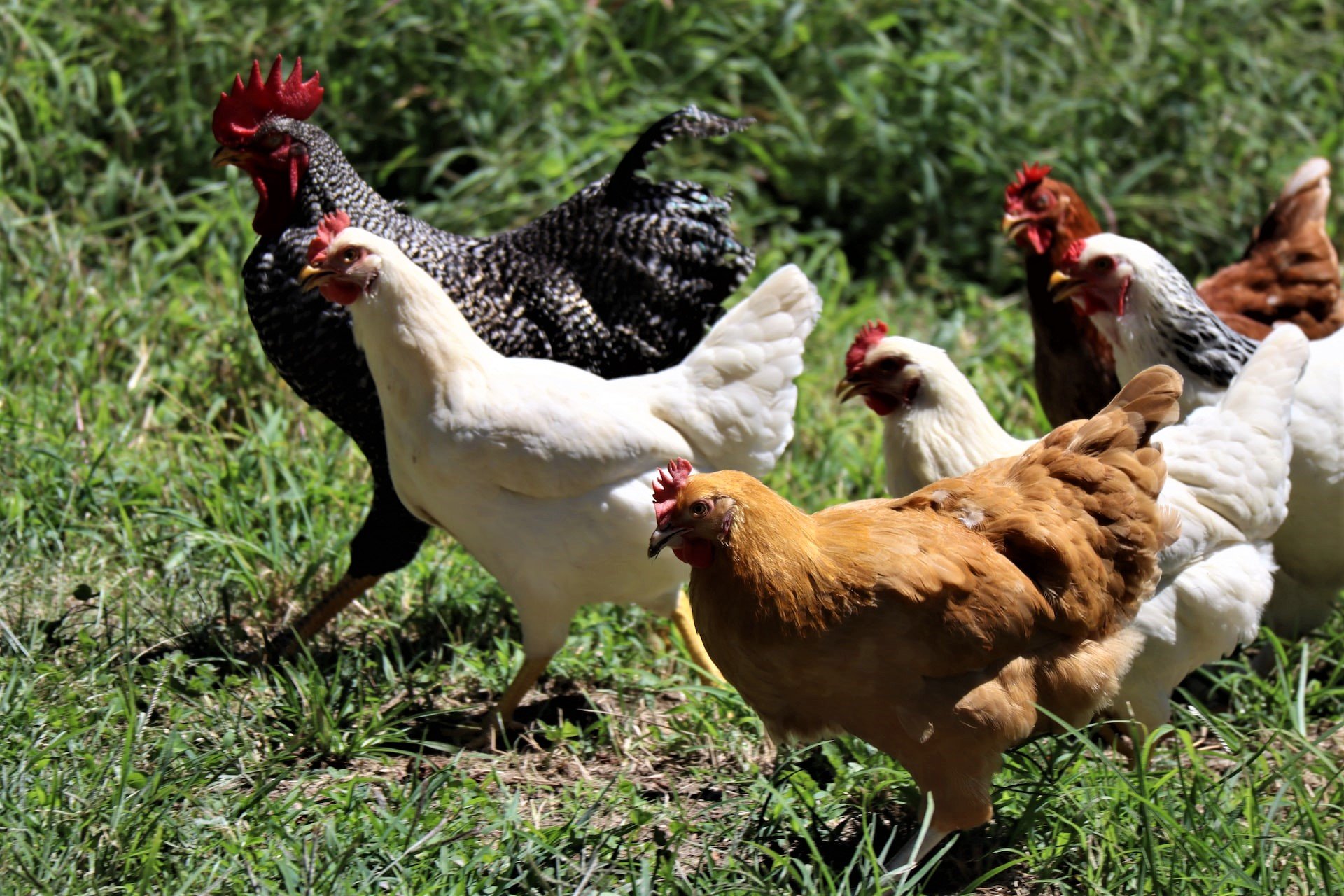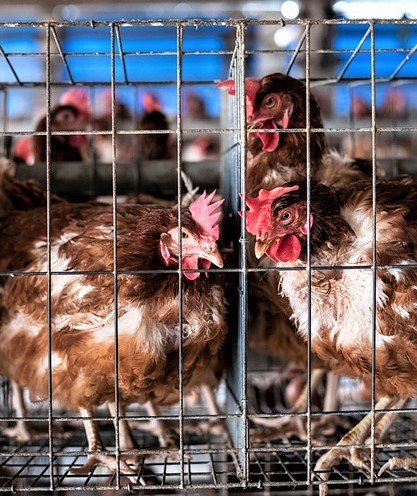By Jessica Scott-Reid
Jessica is a Canadian writer, animal advocate and plant-based food expert. Her work appears regularly in media across Canada and the US.
In the spring of 2021, the Retail Council of Canada (RCC)—which represents 45,000 storefront retail businesses, including major grocery chains Walmart, Loblaws, and Sobeys—quietly made an announcement that it and its partners were backpedalling on past promises to improve animal welfare in their pork and egg supply chains. Back in 2013, the group had committed to phasing out gestation crates for pregnant pigs by 2022, and in 2016 announced it would source only cage-free eggs by 2025. Then it pretty much said ‘never mind.’
The good news, says Mercy for Animals’ senior corporate relations specialist PJ Nyman, is that “when the RCC backtracked on its own commitments for its grocery members, most retailers responded by publicizing their own statements,” detailing where they were and where they planned to be regarding gestation crates and battery cages. “Many of the major retailers responded with transparency, which is what we hope to see,” he adds.
The move to greater transparency made it easier for Mercy for Animals (an animal advocacy organization) to track public animal welfare policies of food companies in Canada and produce their recently published, second annual Canada Animal Welfare Scorecard report.
The report focuses specifically on intensive confinement of chickens and pigs, as well as The Better Chicken Commitment, an international set of standards for broiler chicken welfare. Since 2016, 200 leading food companies have signed on to meet these standards.
“Confining hens and pigs in cages prevents freedom of movement and expression of natural behaviours,” explains Nyman. Keeping hens in tiny battery cages and pigs in gestation crates (where they are unable to even turn around, sometimes for their entire lives) are both widely considered inhumane.
Photos: L. Stephanie Poepken on Unsplash; R. Gestation crates, Jo-Anne McArthur/We Animals Media
The report also ranks 55 major food companies operating in Canada, based on their public animal welfare policies, and further includes information on how Canada ranks compared with other countries. While the findings show that Canada is very much falling behind the US, UK and EU when it comes to moving away from the cruelty of crates and cages, there are a few signs of progress.
“What I am seeing is that animal welfare is becoming integral to corporate responsibility initiatives in Canada,” says Nyman. “Major food companies are incorporating animal welfare into their responsible sourcing commitments and into their public reporting to their stakeholders.” The reason for this, he continues, is a growing sector of conscious consumers partly due to advocacy elevating the plight of intensely confined animals, “and because investors increasingly care about non-financial factors when evaluating risk, and companies that source animal products have to look at how those animals are treated in their supply chains.”
For example, though 83% of hens on Canadian egg farms still languish for their entire lives in battery cages, 49 of the 55 companies in the MFA report have publicly promised to move toward cage-free egg sourcing in the future, many by 2025.
Photos: L. Zachariah Smith on Unsplash; R. Battery cages, Jo-Anne McArthur/We Animals Media
“We are seeing more companies reporting progress toward their own animal welfare commitments,” says Nyman, which he says calls for optimism. “They are aware that the public is holding them accountable to fulfilling their promises and that we need to see real change for animals.” And companies are doing that, he adds, by seeking input from animal welfare groups. “It’s nice that they are intentionally including animal welfare advocates to get that perspective on what animal welfare issues they should focus on.”
Topping MFA’s list this year for companies with the most robust public animal welfare policies are Whole Foods, Chipotle, Campbell’s and Ikea. While the bottom tier includes Moxies, Mary Brown’s, Co-op and Domino’s Pizza, for not having any public animal welfare policies or reporting.

